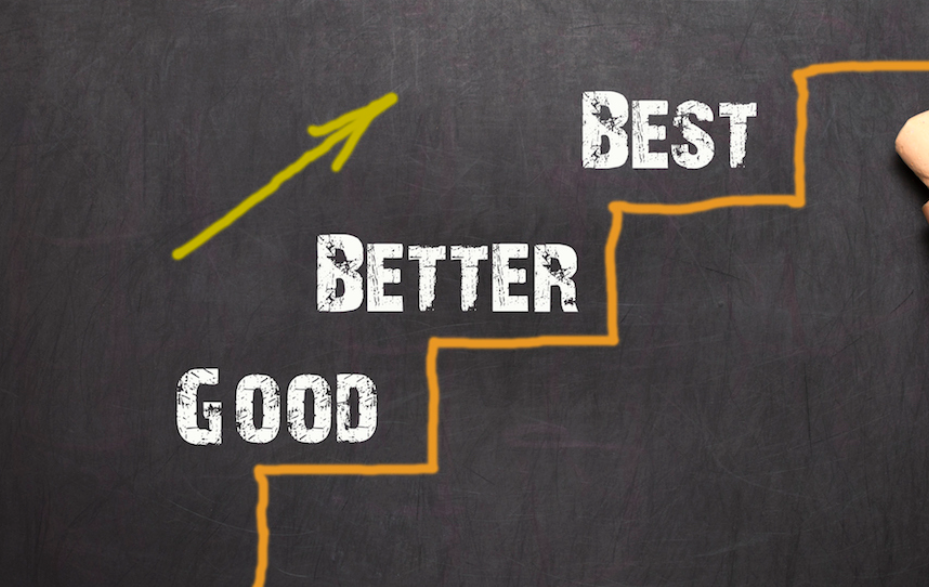High Performance & Building Resilience

What do you think of when you hear the word, high performer?
It is someone motivated by success and achievement or someone that is under high pressure to perform at their top excellence. Examples may be a student, business owner, pilot, artistic performer, academic scholar, military member, medical doctor/practitioner/nurse, sports player, lawyer, real estate investor, manager or other professionals that must endure competition or must get results. A high performer is someone who goes above and beyond in various areas of their life and the motives are different for everyone.
At times, high performance can cause a negative effect. It starts by the way we talk to ourselves - self talk. The thoughts we have on our minds that put us down, telling ourselves we are not good enough.
A part of taking care of our mental health is being self aware. In therapy, the therapist can help you explore where those negative thoughts about yourself originate. It is helpful to process ways to overcome those barriers and challenge the negative self talk in order to improve how you think about yourself.
A technique to begin your process of self awareness is recognizing your thoughts. Try to question whether these negative thoughts are truth or not. Thoughts affect your feelings and your feelings affect your behavior.
Other considerations as a high performer are:
-Do you visualize your actions or performance to increase your success in executing an action?
Example: Mentally visualize every move or step to fly an aircraft, complete a surgery, or perform for a show to ensure your ability is on point.
-What rituals help you prepare you before a high demanding act?
Example: Listen to a certain favorite song and eat the same food right before you know you will need to do something under high pressure. Establishing a routine helps mentally and physically prepare you for what is ahead.
-What techniques do you currently use to decrease your stress levels?
Example: Meditation and breathing exercises or do fun activities with family and friends to keep you motivated. Leaning on social support, doing things of interest, and finding techniques that relax you are important. Everyone must find the healthy outlet that works best for them.
-Have you examined your values and interests that guide you to be a top performer?
Examples: Having integrity in your actions, being loyal, showing reliability, or other characteristics that you value. It could be knowing that you value family, community, health, or relationships. Mainly recognizing who you are and how you want to express yourself to others.
-If you are competitive, do your competitive motivations come from a healthy interest?
Examples: You are coming from a perspective of desiring to win but not at the cost of your health, relationship, or doing harm to others for the greater gain. It is coming from a place of being motivated to improve and having a growth mindset.
-How do you treat failures?
Examples: You have the ability to take failure as feedback to learn from and have the ability to increase your chances of success in other tasks similar in nature. The ability to admit mistakes and learn from them. The ability to keep moving forward and accept mistakes along the journey of success.
-What has been your unique journey to get to excellence, success, and happiness?
Example: Everyone has a unique path they took to be where they are presently. Both external and internal factors happened but accepting the good with the bad without regrets is a key aspect in your self-awareness journey. Lastly, understanding what brings YOU joy and how YOU define excellence and success, not what society says those things should be is vital to your self-awareness journey.
Sometimes the next step to improvement is to reflect on where we are and assess what is the next move. Reflecting on and answering the questions above can help you to see where you are and what you can do to improve regardless of the situation you are in. High performers are constantly pressured with meeting demands, maintaining a level of excellence or productivity, and the continued demand of improvement, all of which can have a negative effect to their mental health. The first way to assess your mental health is to practice self-awareness.
For more questions and to explore this more. Try to find a therapist that is a good fit and become the best authentic version of yourself. To become better, it requires mental work!
Kim Ernst, MSW, LCSWA
